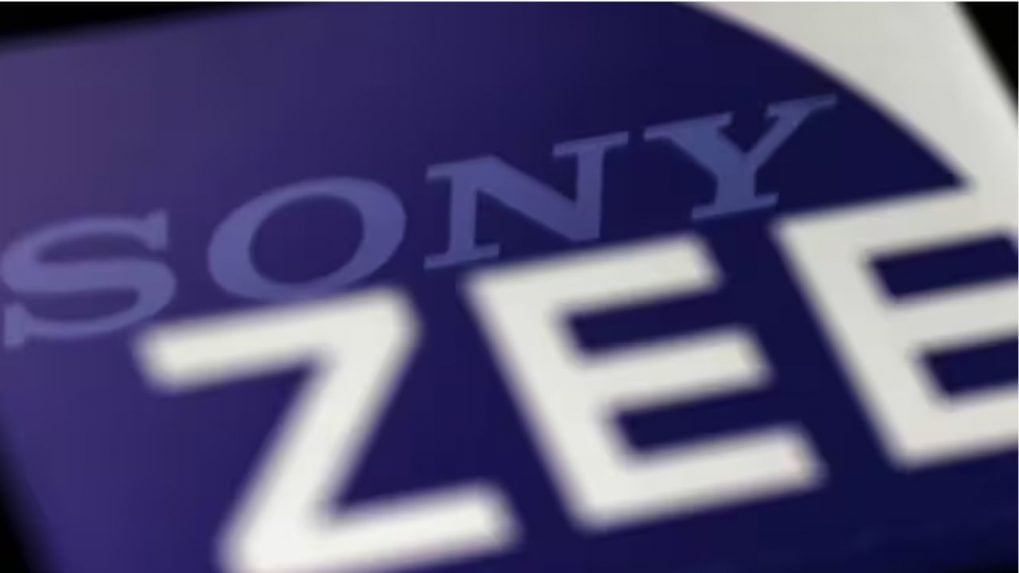How it Works
WPP, Havas, Omnicom: Are advertising’s biggest holdcos recasting agencies as AI Operating Systems?

Zee Entertainment Enterprises Ltd (ZEEL) is seeking a termination fee of $90 million from Culver Max Entertainment Pvt. Ltd. and its entity Bangla Entertainment Pvt. Ltd. (BEPL) for ending the $10-billion Zee-Sony mega merger deal in January 2024.
"Culver Max and BEPL have failed to comply with their obligations under the Merger Cooperation Agreement (MCA). Therefore, the Company has terminated the MCA and called upon Culver Max and BEPL to pay the termination fee i.e. the aggregate amount equal to USD 90,000,000, in accordance with the MCA," said Zee in an exchange filing.
Sony had said ZEE failed to satisfy merger conditions and also initiated arbitration proceedings before Singapore International Arbitration Centre (SIAC) claiming $90 million as a termination fee. ZEE initiated legal actions to contest Sony's claims before SIAC.
Recently, Zee's regulatory filings reveal that the company spent Rs432 crore on merger-related costs between 2022 and 2024. The breakdown shows costs reaching Rs 256 crore in 2023-2024, with Rs 176 crore spent the previous year.
After two years, Sony had called off the merger with Zee on January 22, 2024.
From purpose-driven work and narrative-rich brand films to AI-enabled ideas and creator-led collaborations, the awards reflect the full spectrum of modern creativity.
Read MoreThe Storyboard18 Awards for Creativity have unveiled a Grand Jury comprising some of India’s most influential leaders across advertising, business, policy and culture, positioning it among the country’s most prestigious creative award platforms.